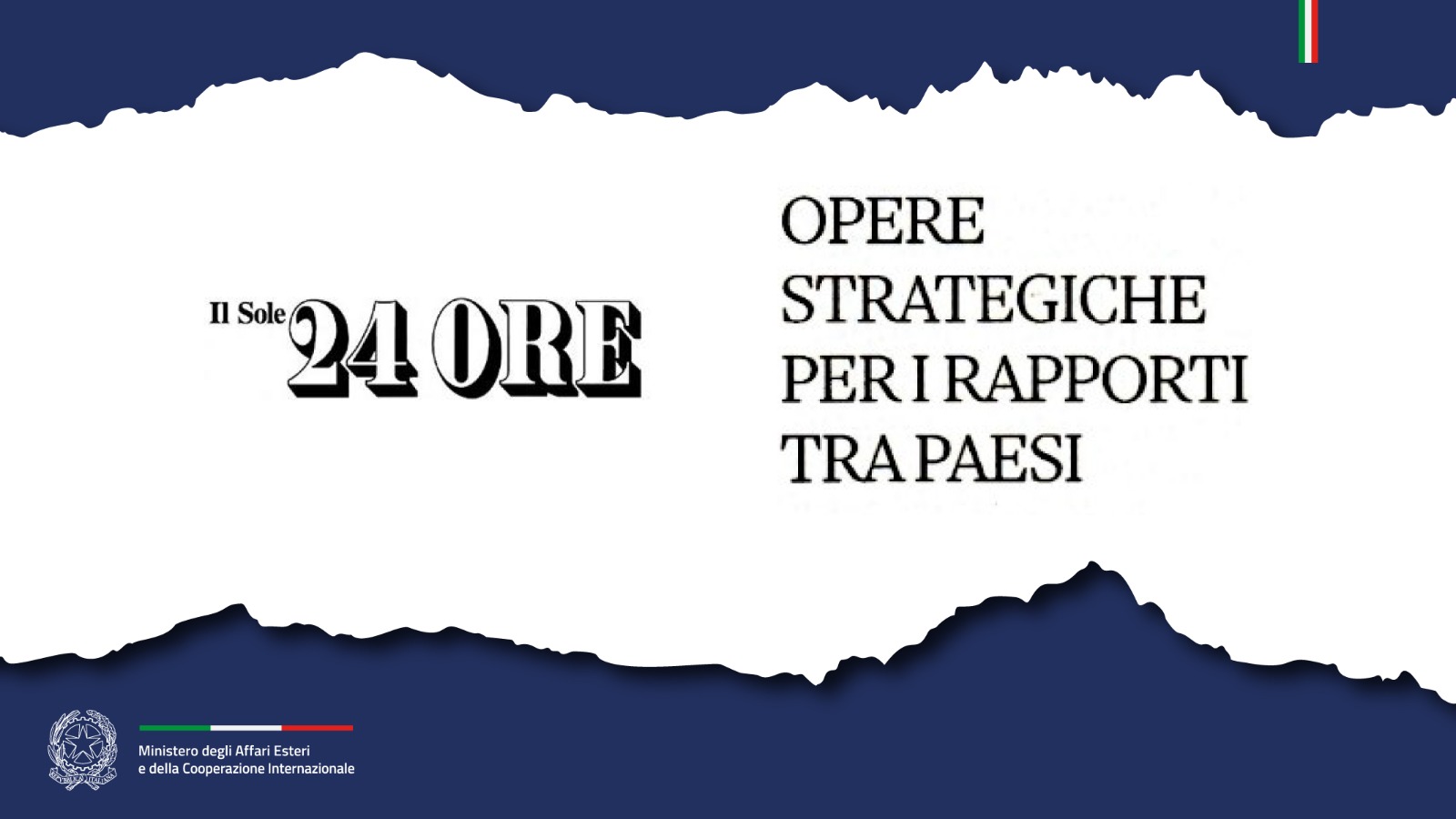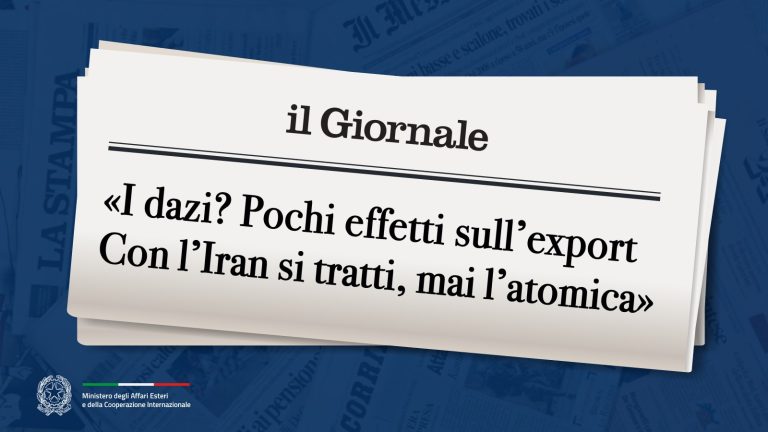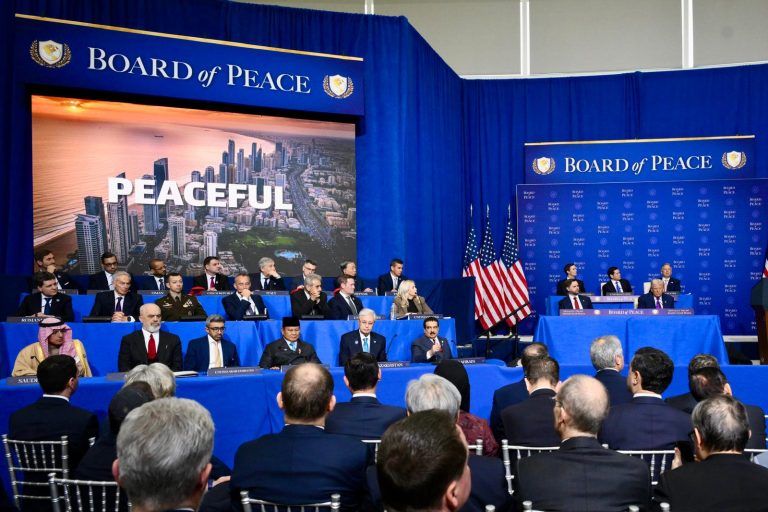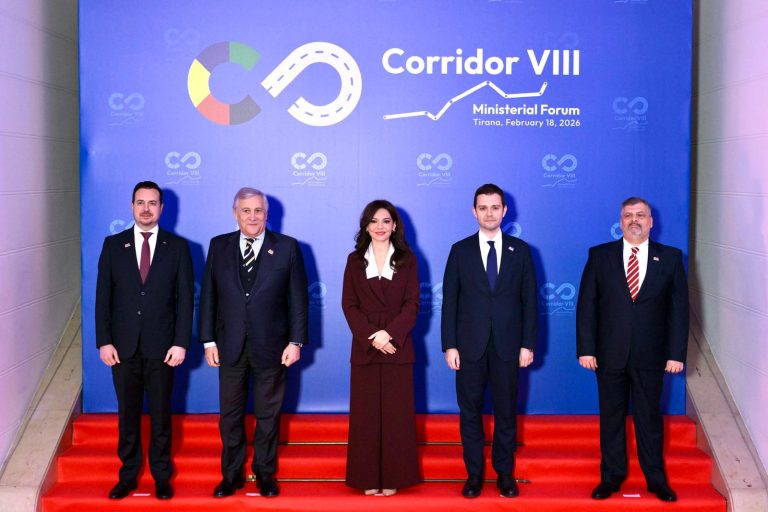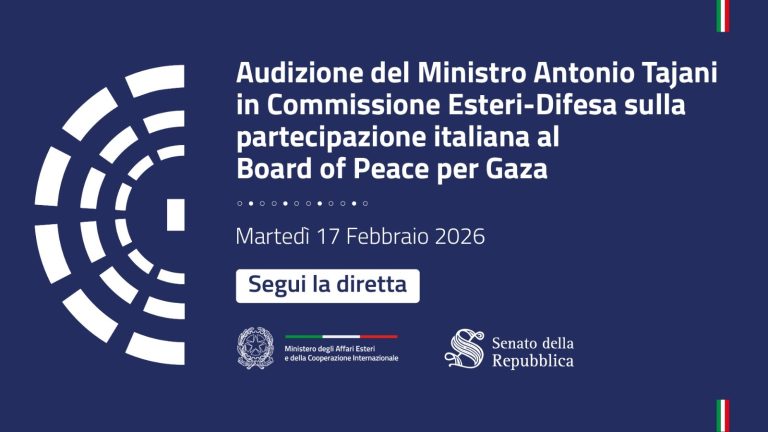Links between Italy and France are of strategic importance for our country. Suffice it to consider that France is Italy’s second largest economic and trade partner: our economies have a high degree of interdependence, with trade worth EUR 111.2 billion in 2022 and growing significantly (+20% compared to EUR 92.5 billion in 2021). Flows are also very significant, with almost 4.6 million arrivals in Italy from France in 2022.
This is why the agreement that France and Italy reached at the meeting of the “Mont Blanc Intergovernmental Commission” last Thursday is decisive. The Mont Blanc tunnel will remain open until the situation in the Fréjus tunnel is stable.
Indeed, the 27 August landslide in Savoie had led to a totally unexpected circumstance, with the blockage of the Fréjus railway and road line, just a few days before the extraordinary closure of the Mont Blanc Tunnel that had long been planned. There was a risk of paralysing the exchange of goods and people between Italy and France and beyond. Think of the connections with Spain, the Netherlands, Belgium and the United Kingdom.
With my colleague Catherine Colonna, we decided to urgently convene the Intergovernmental Commission between Italy and France; the meeting was very positive. We decided to suspend the works that would have entailed a total closure of the tunnel for a year in order to concentrate on those that were urgent and important in terms of safety. These works will be carried out by the operator with targeted closures, minimising the impact on traffic and above all ensuring that these closures only take place when the Fréjus is fully functional.
The most important work will take place in a year’s time, when, among other things, the Fréjus doubling will be in operation. We could not allow the simultaneous closure of both of these routes to France. That would have meant isolating the entire Northwest, an area with a strong industrial and tourist vocation that actually needs stronger links with the rest of Europe. We have thus ensured that the roads will remain open during the winter season, which is very important for the influx of tourists from France.
Politicians must take on board the demands of our local areas and work to strengthen and expand these connections. Recent events show that it is now essential to put in place measures and solutions to this end. Witness the project for the construction of the second tube for the Mont Blanc Tunnel, for example, which I will be putting forward with increasing emphasis, starting with the meeting I will be having in Paris on 25 September with my colleague Colonna. I have convened the Cross-Border Committee in Turin on 31 October to address all these issues.
The Italian government intends to work to give the Northwest an ever greater capacity for protection towards the rest of Europe, in the interests of businesses, transporters, and tourists. However, this is not just an infrastructural issue, nor even just an economic one. It has a much deeper meaning, because what is at stake are the connections between two countries, Italy and France, which have a link of a unique intensity and depth. These connections must be broadened, intensified, and deepened.

